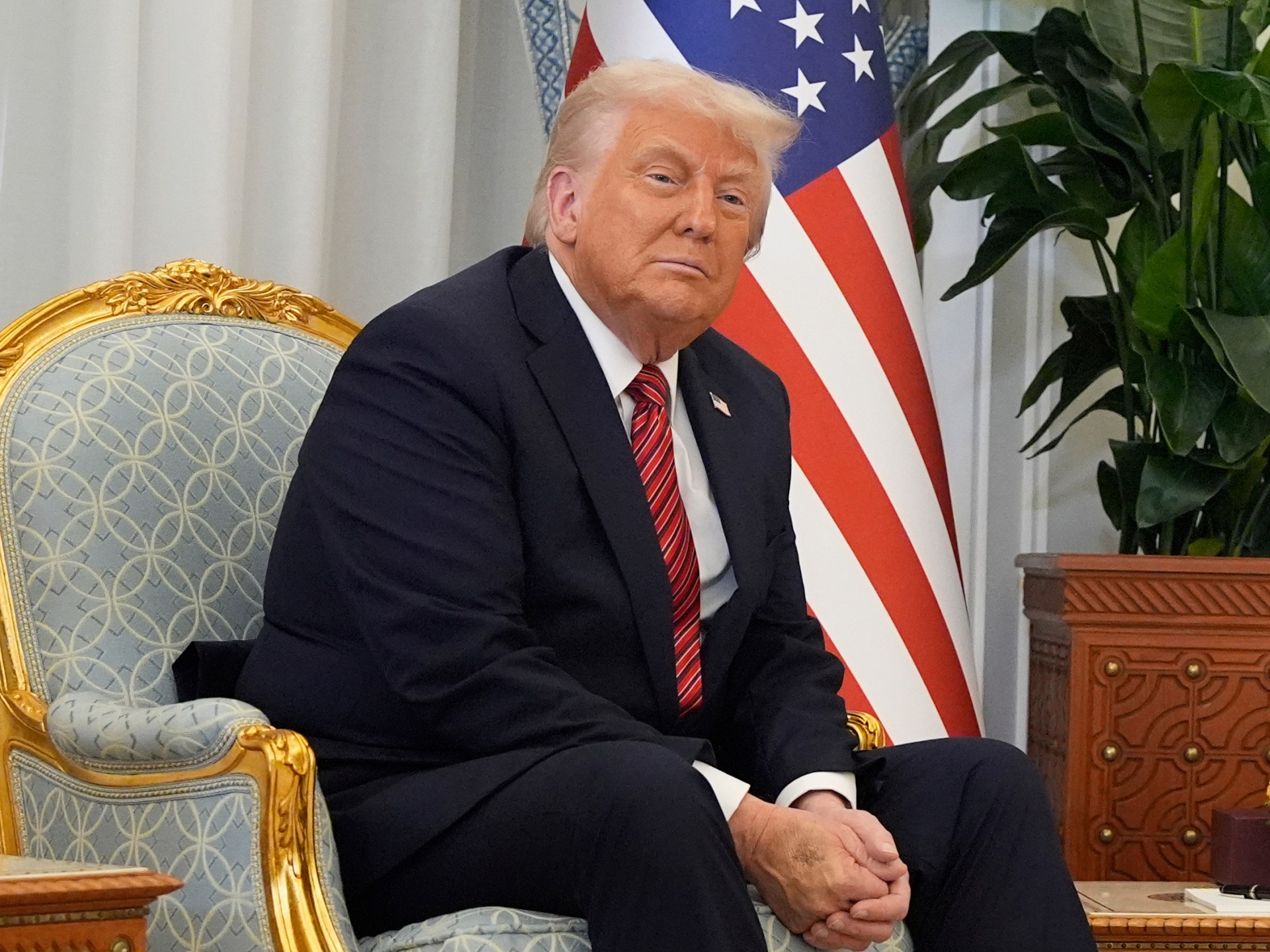When examining the on-again, off-again tariff proclamations of United States President Donald Trump during his second term in office, it is unclear what has actually been achieved.
What is clear is that Trump’s tariff announcements have roiled global markets, wiping out trillions in value, and leaving many businesses stumped on how to plan for the future amid the never-ending uncertainty.
Within days of being sworn into office for his second term, Trump imposed 25-percent tariffs on Mexican and most Canadian imports and 10 percent on China, arguing they needed to do more to stem the flow of fentanyl and undocumented migrants into the US. He soon suspended those on Canada and Mexico for 30 days – but not on China – in return for concessions on border and law enforcement.
Since then, he has raised 25-percent tariffs on steel, aluminium, and auto and auto parts, and brought back levies on Mexico and Canada and doubled fentanyl-related tariffs on all Chinese imports to 20 percent.
He then went back and forth on tariffs on car imports from Canada and Mexico, finally settling on a 25-percent on global car imports.
Then, in April, he announced his “reciprocal” tariffs on dozens of countries around the world, with a 10-percent baseline tariff on all countries around the world. He paused the “reciprocal” tariffs for 90 days after a bloodbath on Wall Street, but maintained the 10-percent global tax and instituted a 145-percent tax on China – which then retaliated with a 125-percent tax on US goods entering the country.
Rollbacks
Soon after, Trump started rolling back some tariffs as the US struck trade deals. The first came last week, in the form of a limited trade agreement with the United Kingdom, which kept in place the 10-percent levy on many products, but did lower US tariffs on British auto imports to 10 percent from the current 27.5 percent, annoying domestic US car-makers.
But the one that everyone was watching for came earlier this week on Monday: The US and China announced a pause and scale back of tariffs for 90 days, with the US lowering its tax to 30 percent and China to 10 percent, while the two rivals hammer out a trade agreement.
But even before the May 12 announcement, the US had already carved out exceptions for smartphones, computers and other tech products, that it largely imports from China.
Then, per the Monday agreement, it also slashed the tariff on low-value, “de minimis” imports from China, reducing duties to 54 percent from 120 percent for items valued at up to $800. Such goods were previously brought into the US without having to pay any import duties and with minimal inspections.
Such imports were heavily criticised, not only accused of flooding the country with cheap products, but for being used by traffickers to bring in drugs, including fentanyl. Fentanyl-trafficking was the justification for the initial tariffs placed on China, Mexico and Canada, so it’s not clear if the US government is still concerned about that route being potentially abused by drug hauliers.
While the various tariff rollbacks and pauses have been welcomed by businesses, the respite has not removed uncertainty entirely. Brief pauses in tariffs are not sufficient for many companies to make longer-term investment or supply chain decisions.
Toll on the economy
It’s small businesses, which employ 45.9 percent of the US workforce and account for 43.5 percent of the US gross domestic product (GDP), that feel the effects most keenly because of their limited buffer, as we reported last week.
There are fears that the uncertainty is taking a toll on the US economy. A Bloomberg poll of economists put the chances of a recession next year at almost 50-50, the news agency reported on Monday.
And while inflation has so far been kept in check – consumer prices rose 2.3 percent in April from a year ago, down from 2.4 percent in March – economists have said they expect inflation to rise by the middle of the year, and consumer confidence has hit a 13-year low even before sky-high prices return.
On Thursday Walmart, the world’s largest retailer and the biggest container importer in the US a lot of which is from China, warned it would have to start raising prices by the end of this month due to the high cost of tariffs even after they had been slashed to 30 percent.
Trump has acknowledged a potential rise in prices – US children will have “two dolls instead of 30 dolls. So maybe the two dolls will cost a couple bucks more than they would normally”, he said recently. But it’s not clear where he is headed with his tariffs, even as some companies have announced billions worth of new investments, and some that were recycling of previous ones – like Apple’s February announcement that it would invest $500bn in the US over the next four years, but which analysts said included current commitments.










